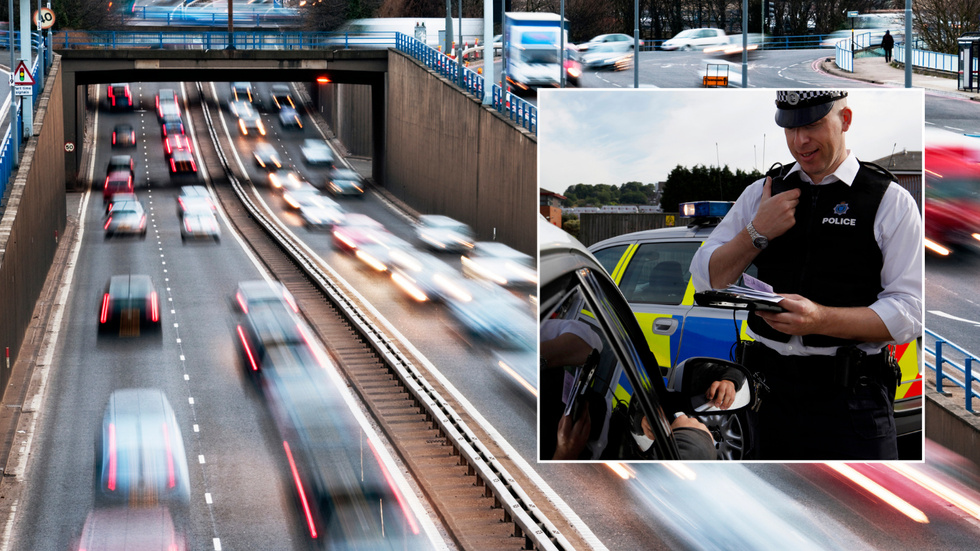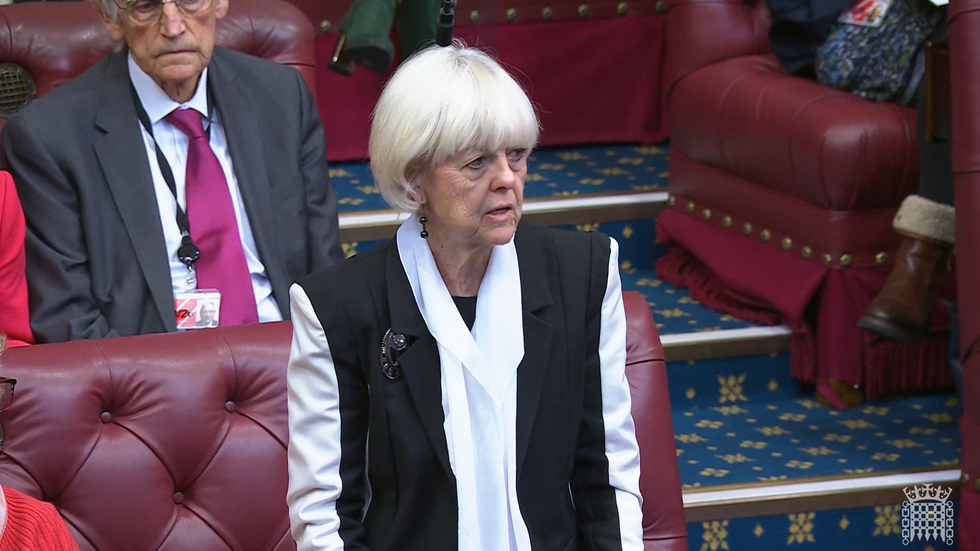Drivers have been warned of major road safety changes coming into effect this autumn for the first time in nearly 60 years.
It comes after Labour revealed it would introduce new proposals that would see the drink-driving limit reduced for the first time since 1967.
The reforms form part of a comprehensive road safety strategy, marking the first major overhaul since the Road Safety Act 2006.
Sources indicate the Government is examining multiple measures, including lowering the legal alcohol limit for drivers and introducing mandatory vision tests for motorists aged over 70.
The proposals represent what insiders describe as the “most far-reaching” reforms in almost 20 years, with ministers seeking to address road safety concerns that have persisted despite previous legislative efforts.
These changes would reduce the maximum blood alcohol concentration from 80 milligrams per 100 millilitres to 50 milligrams, bringing England and Wales in line with Scotland’s stricter standard introduced in 2014.
This potential change would also align the UK with most European nations, as England and Wales currently maintain the highest drink-driving threshold on the continent.
The new laws follow a House of Lords session last week, which saw Transport Minister Lord Hendy confirm that the Government was “deeply considering concerns raised by campaigners and bereaved families” regarding motor offences, including drink-driving.

The minister acknowledged meetings with families affected by road tragedies had influenced the Government’s approach to developing the new strategy.
Parliamentary exchanges revealed the personal impact of driving these reforms, with Baroness Hayter of Kentish Town disclosing her own family losses to drink-driving during the debate.
“A fifth of road deaths, about 250 people a year, are killed because of drink and drive,” she told peers, comparing the toll to “a Boeing 787 crashing every year.”
The Labour peer argued that impairment begins at 50 milligrams, noting that “three-quarters of the public” support lowering the limit.

LATEST DEVELOPMENTS:
- M6 chaos: Major road collision forces vital motorway to shut as drivers face hours of disruptions
Drivers face Budget misery as Rachel Reeves could target car tax, fuel duty, electric vehicles and more- CARS POLL: Should elderly motorists face mandatory eye tests to keep their driving licence?
Lord Hendy expressed condolences for her losses and confirmed that the Government views “driving under the influence of drink is unacceptable and illegal.”
He pledged the administration would “think carefully and act decisively” on the evidence, while acknowledging enforcement challenges raised by other peers regarding both alcohol and drug-driving detection methods.
Road safety organisations have also endorsed the proposed changes, with AA President Edmund King describing the strategy as “much overdue” given that road fatalities have remained static over the past decade.
Mr King emphasised that a “bold and proactive“ approach was essential to protect all road users, particularly praising the vision checks for older motorists and targeted measures against drink and drug-driving.

Meanwhile, IAM RoadSmart’s director of policy Nicholas Lyes called the Government’s plans a “step in the right direction,” but he did stress that any reduction in drink-driving limits would need substantial support for roads policing teams to ensure effective enforcement.
Last year’s statistics showed 1,633 deaths and nearly 28,000 serious injuries on UK roads, figures that have barely changed since 2010 despite the previous Road Safety Act’s initial success in reducing casualties.
Any changes would require extensive consultation before implementation as part of the broader road safety strategy ministers are developing.
Further measures under consideration involve imposing penalty points on motorists whose passengers fail to wear seatbelts, shifting responsibility to drivers for ensuring all occupants comply with safety regulations.
Our Standards:
The GB News Editorial Charter







Follow